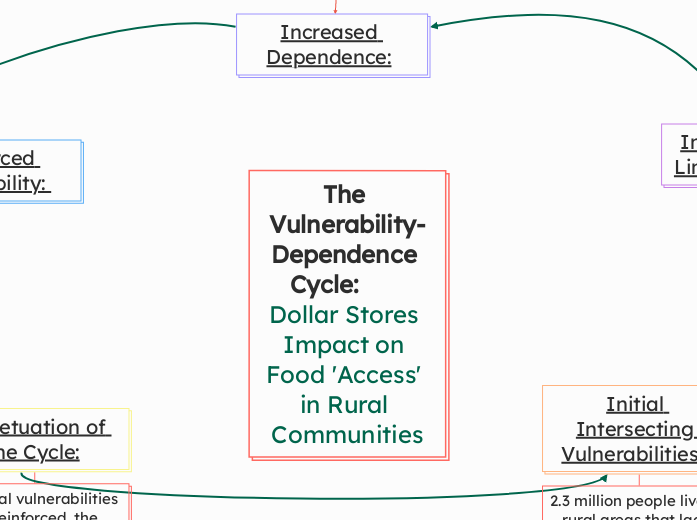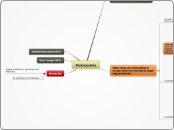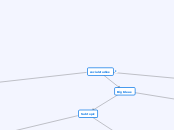realizată de Madelyn Napolitano 4 luni în urmă
51
The Vulnerability-Dependence Cycle: Dollar Stores Impact on Food 'Access' in Rural Communities
Dollar stores often establish themselves in rural areas where access to healthy food is limited, targeting low-income communities. These stores use questionable business tactics and exert significant power over suppliers to sell low-cost goods, but at higher per unit prices.









